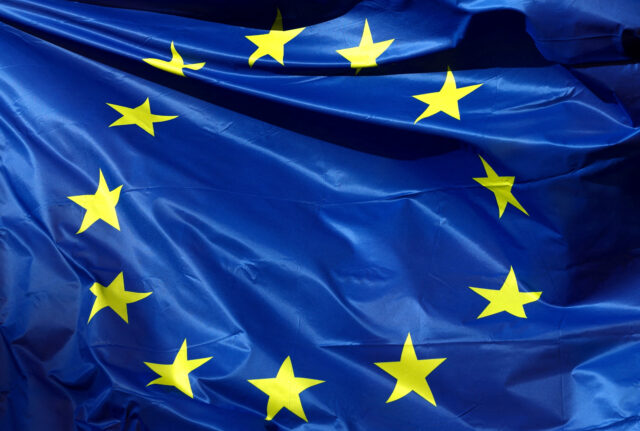
Some of the European Central Bank’s most influential policymakers urged the European Union on Friday to resurrect long-stalled economic integration to protect its model of prosperity from a looming trade war with the United States.
U.S. President-elect Donald Trump has promised to impose tariffs on most if not all imports, and said Europe would pay a heavy price for having run a large trade surplus with the U.S. for decades.
This is bound to weigh on growth and push up inflation for a euro area that is already skirting a recession and has suffered a series of blows to its competitiveness since the pandemic.
“The outcome of the U.S. election must obviously serve as another wake-up call,” French central bank governor Francois Villeroy de Galhau said, warning that the future would bring more tariffs, more fiscal deficits and less regulation, not least in finance.
“This could mean more risks for the global economy: more inflation – especially in the U.S. –, more financial volatility, less trade and hence less growth, including for Europe,”
Villeroy argued.
European leaders have long postponed progress on fundamental institutions to protect vested national interests, to the detriment of the bloc as a whole, ECB President Christine
Lagarde told the same event.
The main unfulfilled elements are a capital markets union, which could channel savings more efficiently, and a banking union, which could foster the creation of larger, more efficient banks.
The lack of integration is taking hundreds of billions if not trillions of euros out of the economy as households hold 11.5 trillion euros in cash and deposits, much of which is not
making its way to firms that need the funding.
“If EU households were to align their deposit-to-financial assets ratio with that of U.S. households, a stock of up to 8 trillion euros could be redirected into long-term, market-based investments – or a flow of around 350 billion euros annually,” Lagarde said.
When the cash actually enters the capital market, it often stays within national borders, which may not be the place it is needed, or leaves for the U.S. in the hope of better returns.
To address the problem, Europe needs to reduce the cost of investing in capital markets and streamline the regulatory regime to make it easier for cash to flow to places where it is needed the most. A solution might be to create an EU-wide regulatory regime
on top of the 27 national frameworks, and allow certain issuers of securities to opt into it.
With Reuters inputs
Thirty eight years in journalism, widely travelled, history buff with a preference for Old Monk Rum. Current interest/focus spans China, Technology and Trade. Recent reads: Steven Colls Directorate S and Alexander Frater's Chasing the Monsoon. Netflix/Prime video junkie. Loves animal videos on Facebook. Reluctant tweeter.




